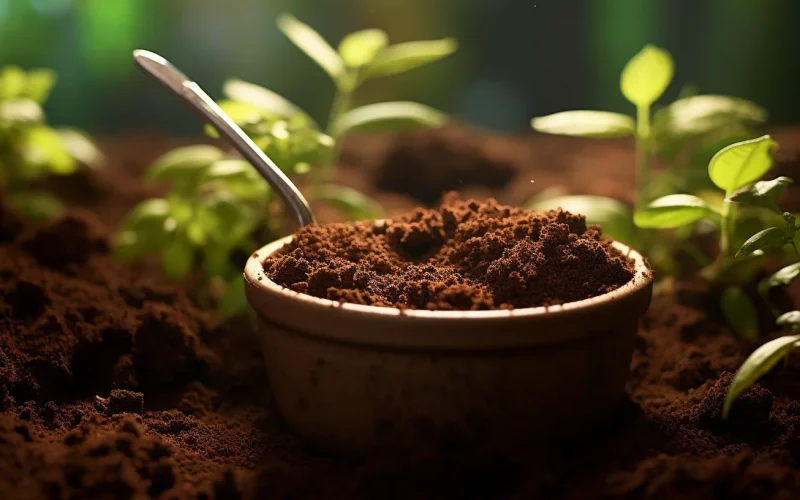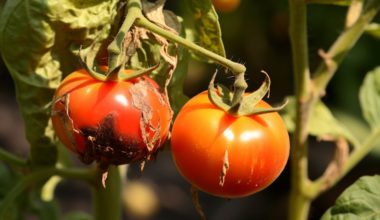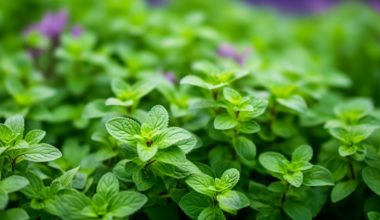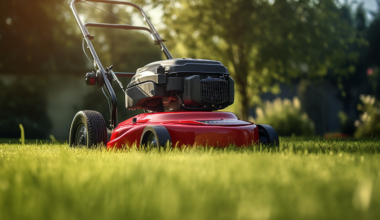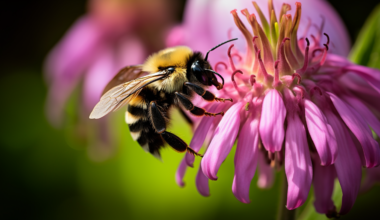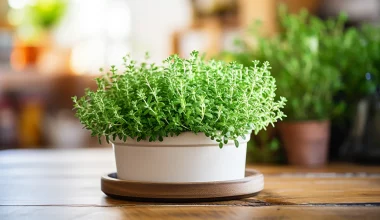- IntroductionReusing coffee grounds in the garden is more than a trend; it’s a resourceful way to recycle waste while boosting your plants’ health. Coffee grounds provide essential nutrients, improve soil structure, and even deter pests. This article will guide you through the process and highlight the specific benefits for various types of plants.1. Why Reuse Coffee Grounds?Coffee grounds are rich in nitrogen, making them an excellent addition to your compost or soil. Instead of tossing those grounds after your morning brew, consider these advantages: Environmental Impact: Reduce waste and help the environment. Nutrient Boost: Provide plants with essential minerals. Cost-Effective: A free alternative to store-bought fertilisers. List of Benefits: Enhances soil structure Encourages earthworms Increases acidity for acid-loving plants 2. Plants That Benefit from Coffee GroundsCertain plants thrive with the addition of coffee grounds. Let’s explore:Acid-Loving PlantsCoffee grounds can increase soil acidity. Ideal for: Blueberries Roses Azaleas Rhododendrons Nutrient-Hungry PlantsPlants that require more nutrients can benefit significantly: Tomatoes Carrots Spinach 3. How to Use Coffee Grounds in Your GardenHere’s a step-by-step guide on using coffee grounds: Collect the Grounds: Store used grounds in a container. Dry Them Out: If not using immediately, dry to prevent mould. Mix with Compost: Blend with compost or sprinkle directly on soil. Avoid Overuse: Be mindful of quantity; too much can harm plants. 4. Additional Uses of Coffee GroundsBeyond nutrition, coffee grounds offer more: Pest Deterrence: Coffee grounds can deter slugs and snails. Natural Dye: Use in crafts for a natural brown dye. Deodorizer: Neutralize odors in your garden and home. ConclusionReusing coffee grounds in the garden is a sustainable practice with various benefits for your plants. Whether enriching the soil or keeping pests at bay, these grounds can be a valuable addition to your garden. Give your plants a coffee treat, and watch them thrive!
- 1. Why Reuse Coffee Grounds?
- 2. Plants That Benefit from Coffee Grounds
- 3. How to Use Coffee Grounds in Your Garden
- 4. Additional Uses of Coffee Grounds
- Conclusion
Introduction
Reusing coffee grounds in the garden is more than a trend; it’s a resourceful way to recycle waste while boosting your plants’ health. Coffee grounds provide essential nutrients, improve soil structure, and even deter pests. This article will guide you through the process and highlight the specific benefits for various types of plants.
1. Why Reuse Coffee Grounds?
Coffee grounds are rich in nitrogen, making them an excellent addition to your compost or soil. Instead of tossing those grounds after your morning brew, consider these advantages:
- Environmental Impact: Reduce waste and help the environment.
- Nutrient Boost: Provide plants with essential minerals.
- Cost-Effective: A free alternative to store-bought fertilisers.
List of Benefits:
- Enhances soil structure
- Encourages earthworms
- Increases acidity for acid-loving plants
2. Plants That Benefit from Coffee Grounds
Certain plants thrive with the addition of coffee grounds. Let’s explore:
Acid-Loving Plants
Coffee grounds can increase soil acidity. Ideal for:
- Blueberries
- Roses
- Azaleas
- Rhododendrons
Nutrient-Hungry Plants
Plants that require more nutrients can benefit significantly:
- Tomatoes
- Carrots
- Spinach
3. How to Use Coffee Grounds in Your Garden
Here’s a step-by-step guide on using coffee grounds:
- Collect the Grounds: Store used grounds in a container.
- Dry Them Out: If not using immediately, dry to prevent mould.
- Mix with Compost: Blend with compost or sprinkle directly on soil.
- Avoid Overuse: Be mindful of quantity; too much can harm plants.
4. Additional Uses of Coffee Grounds
Beyond nutrition, coffee grounds offer more:
- Pest Deterrence: Coffee grounds can deter slugs and snails.
- Natural Dye: Use in crafts for a natural brown dye.
- Deodorizer: Neutralize odors in your garden and home.
Conclusion
Reusing coffee grounds in the garden is a sustainable practice with various benefits for your plants. Whether enriching the soil or keeping pests at bay, these grounds can be a valuable addition to your garden. Give your plants a coffee treat, and watch them thrive!
